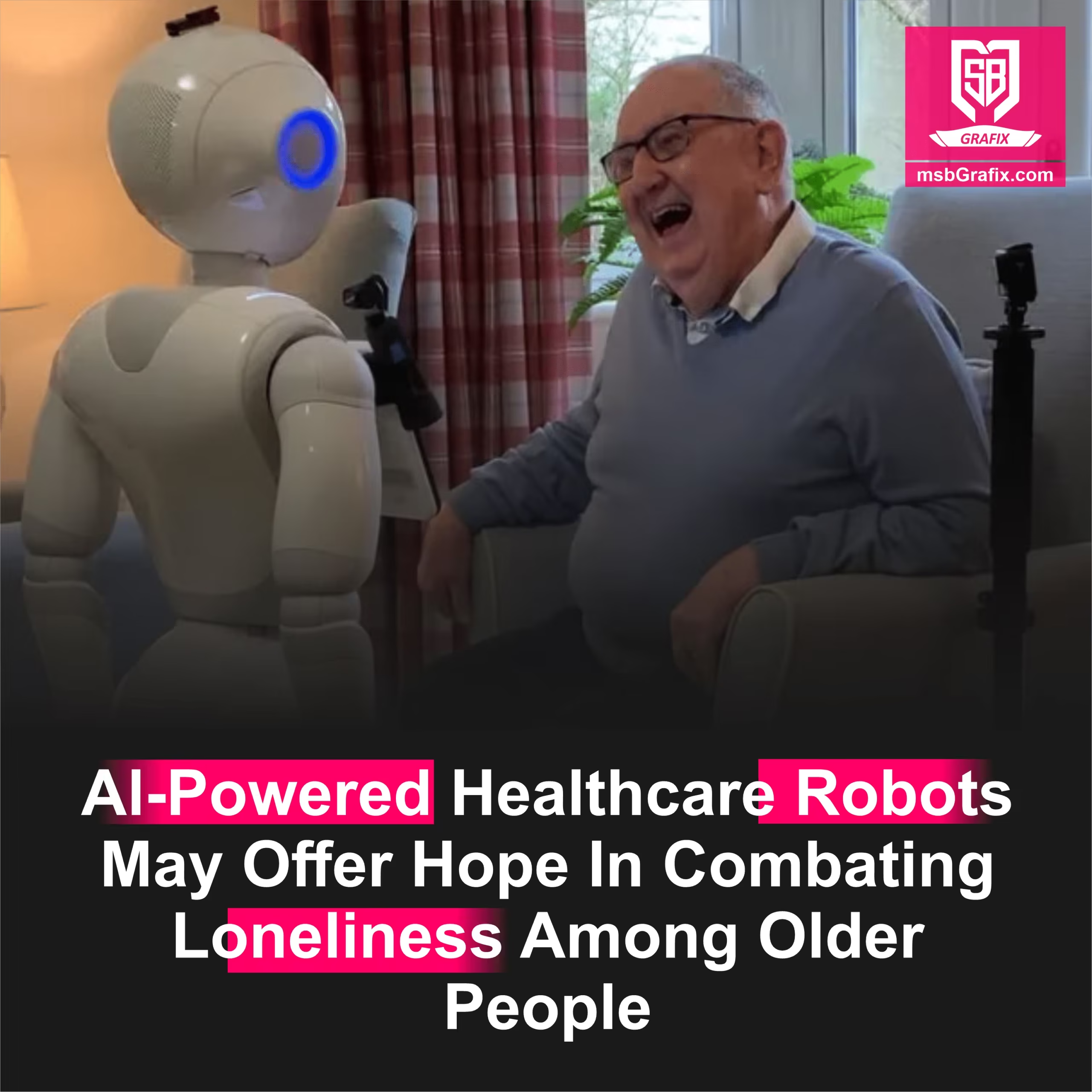In an era where technological advancements continue to reshape various aspects of our lives, the field of healthcare is also experiencing a transformative change with the introduction of AI-backed companion robots. A recent study has unveiled the “Companion Robot Impact Scale” (Co-Bot-I-7), aimed at quantifying the influence of these robots on physical health and loneliness. Researchers believe that these AI-powered companions hold immense potential in mitigating social isolation, particularly among the elderly, while also contributing to overall well-being. However, as we delve into this promising future, ethical considerations and collaboration among stakeholders become vital to ensure trust, agency, engagement, and real-world effectiveness.
The Loneliness Epidemic and Its Health Consequences:
Loneliness has become a pressing public health concern across the globe, affecting people of all ages and backgrounds. The adverse effects of social isolation on mental health are well-documented, leading to increased rates of anxiety, depression, and even suicidal tendencies. Additionally, prolonged loneliness has been linked to physical health issues such as obesity, cardiovascular diseases, dementia, and premature mortality. مصنوعی ذہانت کا نیا ٹول جو چند سیکنڈ میں کوئی بھی تصویر بنا سکتا ہے
Companion Robots: A Solution for Loneliness:
The integration of AI-backed companion robots in healthcare presents a novel approach to tackling loneliness and its associated health consequences. These robots are designed to simulate human interaction, providing companionship, emotional support, and cognitive engagement to individuals who may be isolated or lack social connections. By mimicking human-like behaviors and responses, companion robots can foster a sense of companionship and reduce feelings of loneliness.
Benefits for the Elderly:
The elderly population is particularly vulnerable to loneliness due to factors like living alone, loss of loved ones, limited mobility, and reduced social interactions. Companion robots can serve as constant companions, offering conversation, reminders for medication, and even participating in activities such as games or reading aloud. Studies have shown that the presence of companion robots has a positive impact on the emotional well-being of seniors, reducing feelings of loneliness and increasing overall life satisfaction. Next Generation Technology Redefining Our World
Potential Challenges and Ethical Considerations:
While the potential of companion robots in healthcare is promising, several challenges and ethical considerations must be addressed. First and foremost, privacy and data security are paramount, as these robots interact intimately with users, gathering personal information and behavioral patterns. Ensuring the protection of this data is essential to build trust and maintain the user’s agency over their information.
Additionally, as companion robots become more sophisticated, questions regarding the boundaries of human-robot relationships and emotional attachment may arise. Striking the right balance between genuine companionship and acknowledging the artificial nature of these interactions is crucial to prevent potential emotional dependency. 8 Legitimate Side Gigs for Making Extra Money
Collaboration and Stakeholder Involvement:
For the successful integration of companion robots in healthcare, collaboration among various stakeholders is crucial. Researchers, developers, healthcare professionals, policymakers, and end-users need to work together to establish guidelines, standards, and regulations that ensure the safe and ethical deployment of companion robots. Open dialogue and feedback from end-users are essential to refine the technology continually and cater to specific needs effectively. Learn ChatGPT: The Future of Learning (2022)
Conclusion:
Companion robots powered by AI hold great promise in addressing the loneliness epidemic and improving overall well-being, especially among the elderly. As the global healthcare companion robots market continues to grow exponentially, ethical considerations, privacy protection, and collaborative efforts among stakeholders are imperative to foster trust, engagement, and real-world effectiveness. By embracing this technology responsibly, we can pave the way for a more compassionate and supportive future in healthcare, where humans and robots coexist harmoniously to enhance the quality of life for all.

